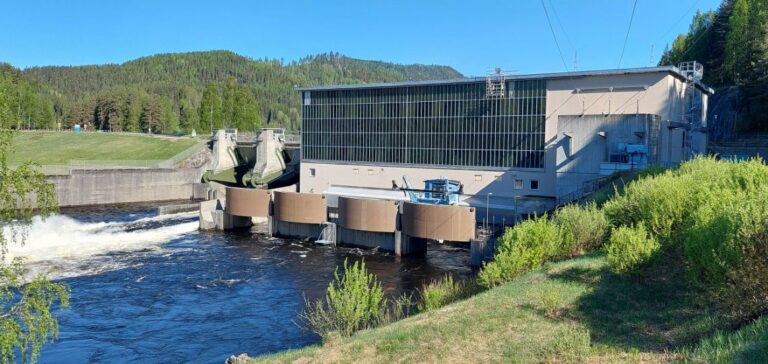ANDRITZ Canada Inc. has just been awarded a contract by BC Hydro to deliver and install four new 60 MV generators at the Bridge River 1 hydropower plant. The facility, located on traditional St’át’imc territory near the community of Tsal’alh, utilizes water from Seton Lake, fed by the Bridge River originating from the glacier of the same name. These new generators will increase the site’s total installed power capacity by 15%, aligning with the province’s energy goals. The plant represents a significant piece of infrastructure for British Columbia.
Economic and technical objectives of the project
The new equipment aims to enhance operational reliability at the site by upgrading aging facilities. Commissioning of the four generators will result in a direct increase in energy production capacity, thereby addressing growing regional electricity demands. Installation activities will also generate new job opportunities, primarily engaging specialized workers, construction technicians, and administrative personnel. BC Hydro forecasts that the upgrades will boost the plant’s total energy production capacity by 15% upon completion.
Employment and local economic benefits
During the active phase of construction, several dozen jobs will be created, particularly in technical and specialized roles. Opportunities are also planned for local labor, notably from indigenous communities located near the plant. ANDRITZ’s hiring policy explicitly includes collaboration with these communities to maximize local economic benefits, while respecting existing agreements between BC Hydro and the involved First Nations.
Strategic and economic context
This project is part of a series of investments initiated by BC Hydro to modernize and expand the capacity of its hydropower infrastructure. Upgrading these installations strategically ensures a stable long-term electricity supply while actively contributing to the province’s economic growth. Considered significant for the regional energy sector, this operation may pave the way for similar projects in the coming years.






















